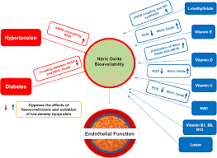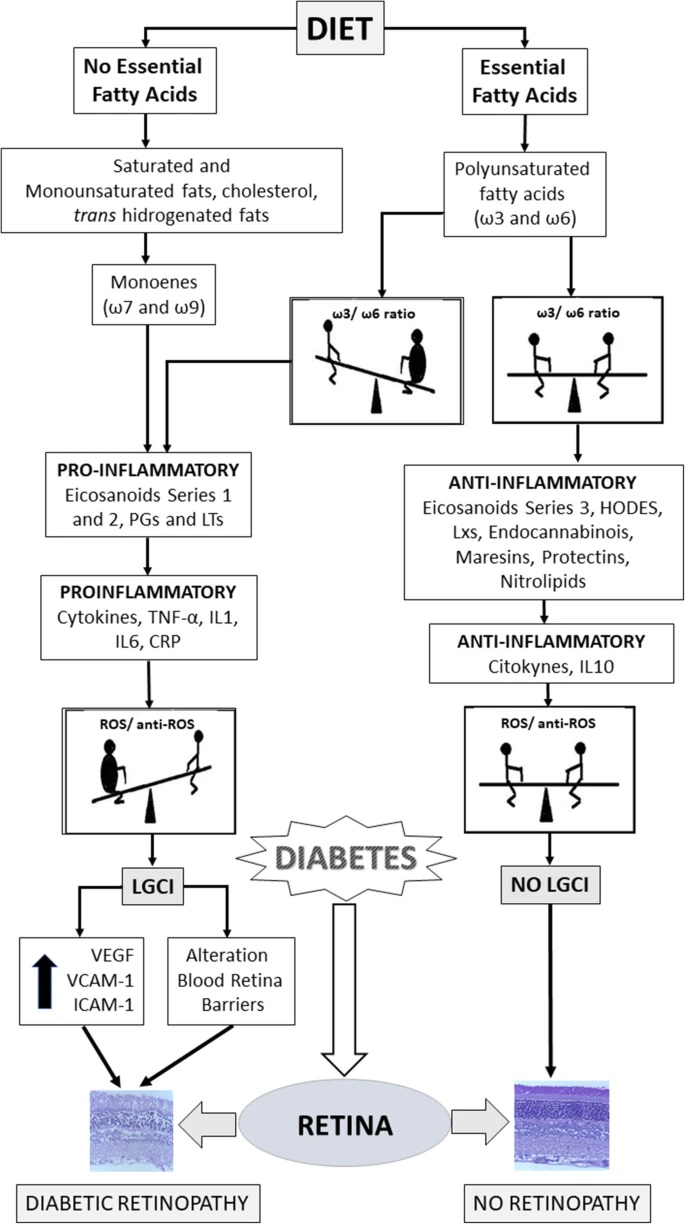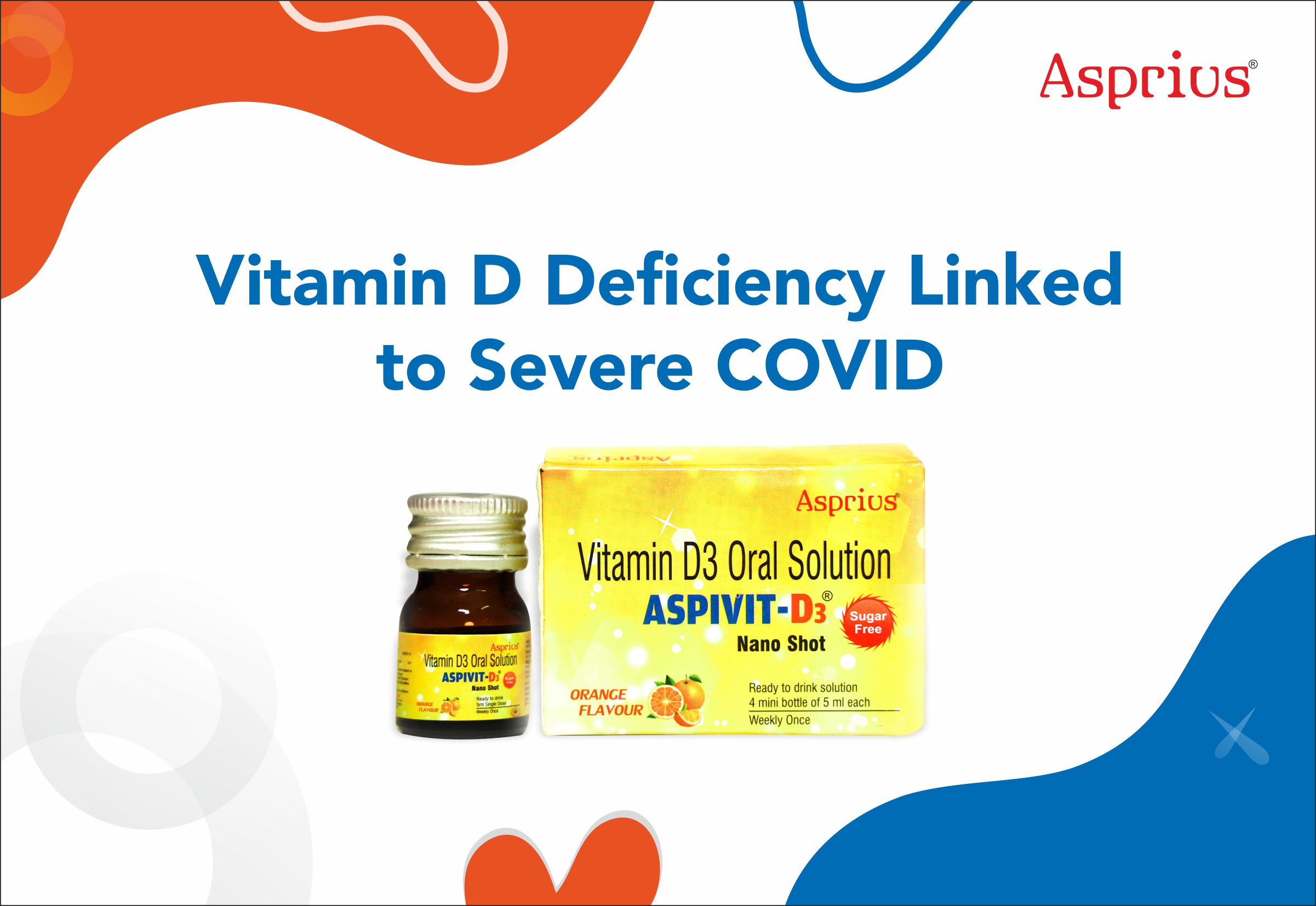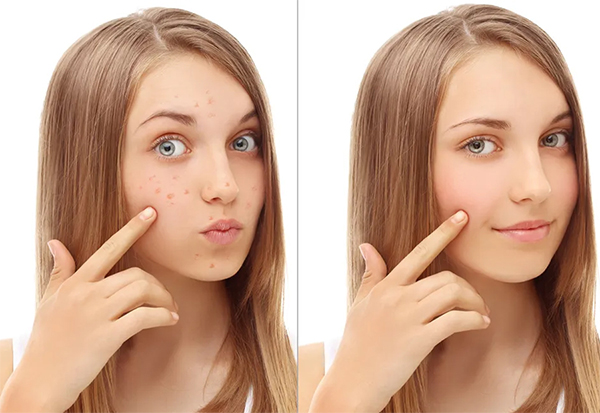
Dr. Sanjay Agrawal
Leading Pharmaceutical consultant and editor-in chief of IJMToday



Vision disorders are one of the most serious complications of diabetes mellitus (DM) affecting the quality of life of patients and eventually cause blindness. The ocular lesions in diabetes mellitus are located mainly in the blood vessels and retina layers. Different retina lesions could be grouped under the umbrella term of diabetic retinopathies (DMRP).
We propose that one of the main causes in the etiopathogenesis of the DMRP consists of a progressive loss of the selective permeability of blood retinal barriers (BRB). The loss of selective permeability of blood retinal barriers will cause a progressive autoimmune process. Prolonged autoimmune injures in the retinal territory will triggers and maintains a low-grade chronic inflammation process, microvascular alterations, glial proliferation and subsequent fibrosis and worse, progressive apoptosis of the photoreceptor neurons.
Patients with long-standing DM disturbances in retinal BRBs suffer of alterations in the enzymatic pathways of polyunsaturated fatty acids (PUFAs), increase release of free radicals and pro-inflammatory molecules and subsequently incremented levels of vascular endothelial growth factor. These facts can produce retinal edema and photoreceptor apoptosis.
Experimental, clinical and epidemiological evidences showing that adequate metabolic and alimentary controls and constant practices of healthy life may avoid, retard or make less severe the appearance of DMRP. Considering the high demand for PUFAs ω3 by photoreceptor complexes of the retina, it seems advisable to take fish oil supplements (2 g per day).
Synthesizer drawings the most relevant findings of the ultrastructural pathology, as well as the main metabolic pathways of the PUFAs involved in balance and disbalanced conditions are provided.
In diabetics, this response to vascular injury is dramatically decreased. Omega-3 PUFAs (especially DHA) modulate capillary integrity, neovascularization and inflammation in the retina. Retinal levels of Omega-3 PUFAs are decreased in diabetes and increased dietary intake of Omega-3 PUFAs prevents retinopathy.
Is omega-3 good for retinopathy?
Omega-3 polyunsaturated fatty acids protect against the development and progression of retinopathy, a deterioration of the retina.
What is the best supplement for diabetic retinopathy?

Optimal combinations of vitamins B1, B2, B6, L-methylfolate, methylcobalamin (B12), C, D, natural vitamin E complex, lutein, zeaxanthin, alpha-lipoic acid, and n-acetylcysteine are identified for protecting the retina and choroid. Certain medical foods have been successfully used as therapy for retinopathy.





